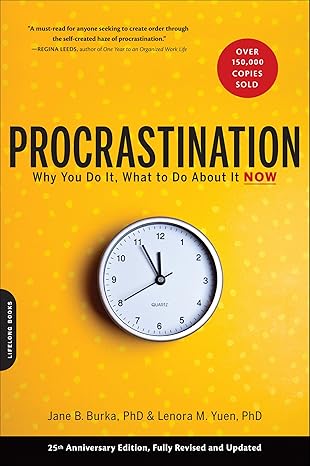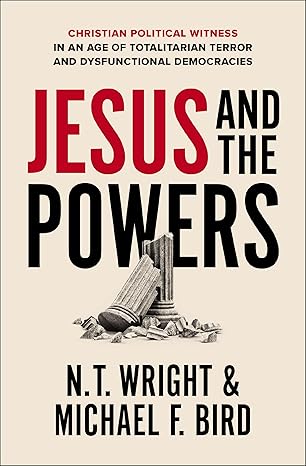
The Common Sense
Originally published in January 1776, ‘The Common Sense’ is a pamphlet of persuasive argument for the colonies' political and economic separation from Britain by Thomas Paine, an English-born American political activist, philosopher, political theorist, and revolutionary. In 1774, Paine immigrated to America where, for a time, he helped to edit the Pennsylvania Magazine.
The book cites the evils of monarchy, accuses the British government of inflicting economic and social injustices upon the colonies, and points to the absurdity of an island attempting to rule a continent. Credited by George Washington as having changed the minds of many of his countrymen, the document sold over 500,000 copies within a few months.
Today, it remains a landmark document in the struggle for freedom, characterized not only by Paine's ideas but also by its clear and passionate presentation. Created to kindle public opinion against autocratic rule, the pamphlet offered a careful balance between imagination and judgment, and appropriate language and expression to fit the subject. It immediately found a receptive audience, heartened Washington's despondent army, and foreshadowed much of the phrasing and substance of the Declaration of Independence.
BEST DEALS
About the Author
Thomas Paine (February 9, 1737 [O.S. January 29, 1736] - June 8, 1809) was an English-American political activist, philosopher, political theorist, and revolutionary. One of the Founding Fathers of the United States, he authored the two most influential pamphlets at the start of the American Revolution, and he inspired the rebels in 1776 to declare independence from Britain. His ideas reflected Enlightenment-era rhetoric of transnational human rights. He has been called "a corsetmaker by trade, a journalist by profession, and a propagandist by inclination".
Bio from Wikipedia, the free encyclopedia. Photo by Auguste Millière [Public domain], via Wikimedia Commons.












